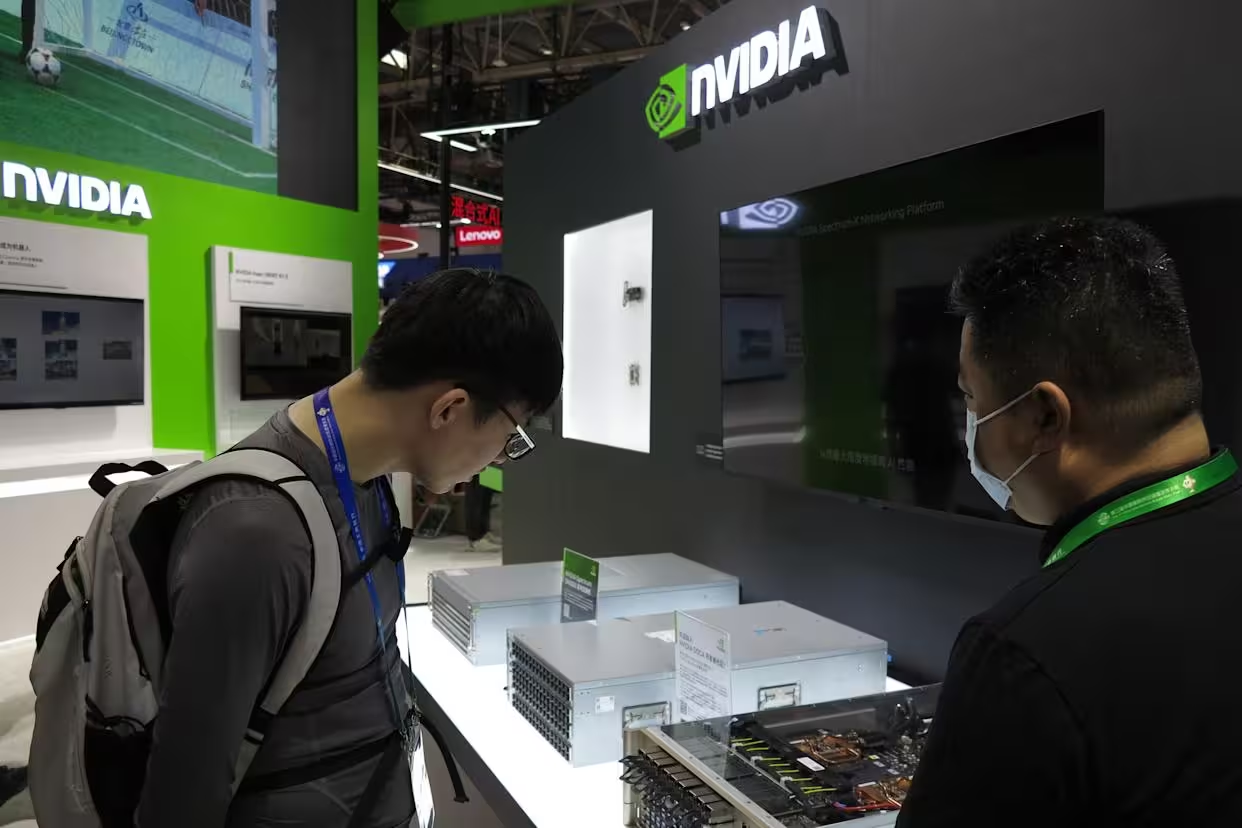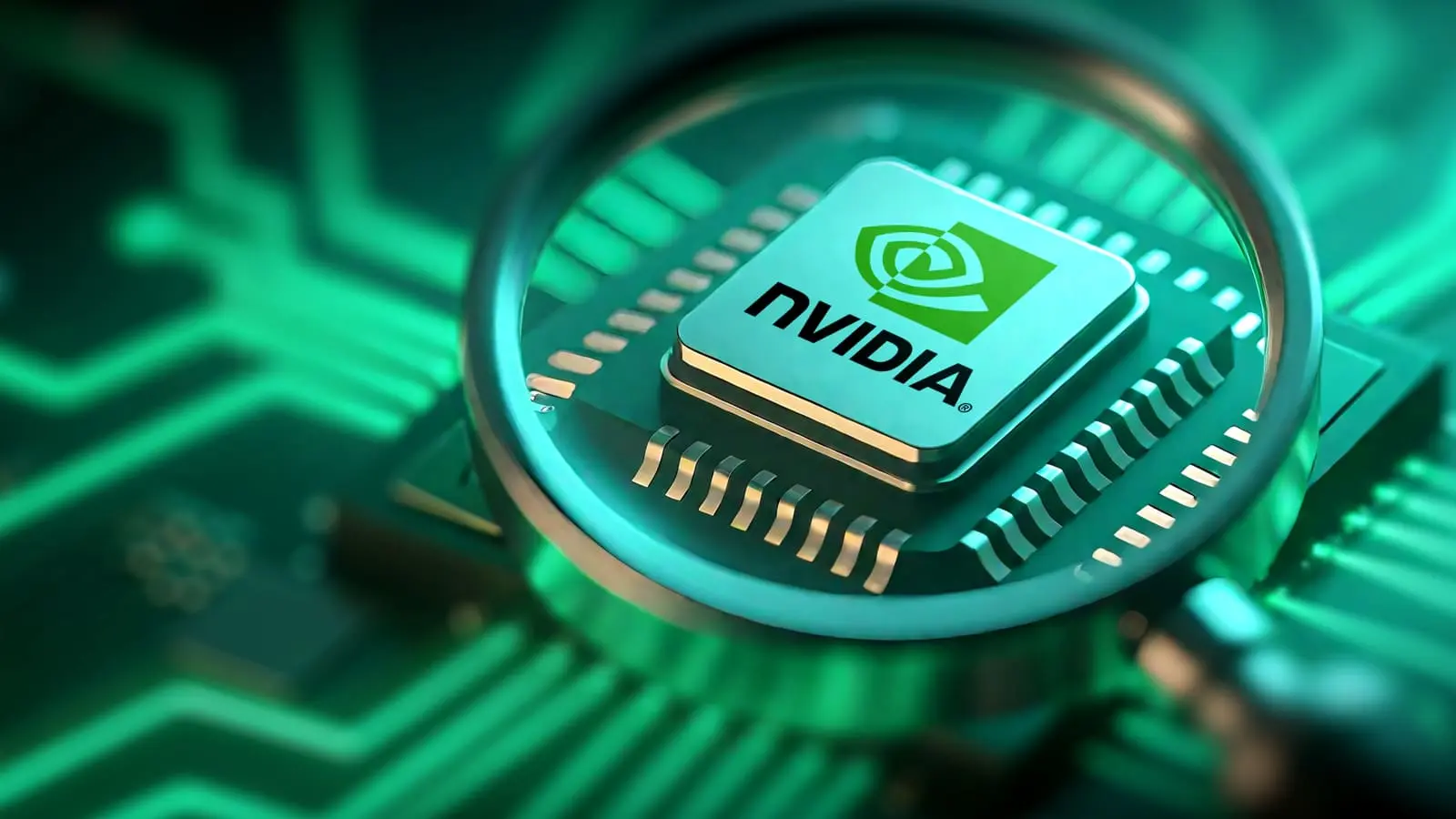5 Minutes
NVIDIA asks suppliers to halt H20-related work
NVIDIA has reportedly asked several manufacturing partners to pause activities tied to its H20 AI accelerator destined for the Chinese market. Sources cited by The Information say the company told Amkor Technology and Samsung Electronics to stop work on the H20. Amkor handles the advanced packaging for the chips, while Samsung supplies memory modules. Reuters also reported NVIDIA asked Foxconn, which manages backend processing, to temporarily suspend its operations. When asked about the possible production pause, NVIDIA told CNBC that "we constantly manage our supply chain to address market conditions."
Regulatory background: US export controls and Chinese pushback
The recently reported pause follows a rocky regulatory timeline. In April, the US government blocked sales of the H20 in China over concerns the hardware could assist military AI development. By July, US authorities reportedly allowed limited shipments to resume after an agreement that would allocate roughly 15% of sales to an arrangement tied to export terms. Even with that decision, Chinese regulators signaled caution: major local tech firms including ByteDance and Alibaba were reportedly instructed to stop placing new orders for H20 chips amid security questions.
Allegations of a "backdoor" and NVIDIA's response
The Cyberspace Administration of China raised concerns after AI specialists suggested the H20 might be remotely trackable or controllable. NVIDIA CEO Jensen Huang said Chinese officials asked about a purported "backdoor," and he told them such a mechanism did not exist: "Hopefully the response that we've given to the Chinese government will be sufficient," he said.
Diplomacy, rhetoric, and the Financial Times report
The Financial Times later reported that Chinese authorities' resistance may have also been fueled by perceived diplomatic slights. According to the FT, comments attributed to US commerce officials — including a remark by Howard Lutnick that the US sells China "the fourth one down" so developers become dependent on American tooling — were viewed as insulting and aggravated regulators.

Product snapshot: What is the H20?
The H20 represents the most advanced AI accelerator NVIDIA is currently allowed to sell into China. It is designed for AI inference and training workloads and relies on NVIDIA's GPU technology, memory subsystems from partners like Samsung, and advanced packaging from suppliers such as Amkor. While powerful, the H20 sits below NVIDIA's top-tier Blackwell Ultra line in raw performance.
Comparisons, features and the roadmap
Compared with NVIDIA's flagship Blackwell Ultra GPUs, the H20 offers lower peak compute but remains suited to large-scale generative AI inference and enterprise deployment. Reports indicate NVIDIA is developing a next-generation product built on the Blackwell architecture that would deliver roughly half the compute of Blackwell Ultra class GPUs — a potential successor positioned to balance performance with more permissive export profiles.
Use cases, advantages and market relevance
H20-class accelerators are targeted at cloud providers, AI startups, and enterprises running inference-heavy workloads like large language models, recommendation systems, and computer vision pipelines. Advantages include optimized AI compute performance, ecosystem compatibility with NVIDIA software stacks, and integrated memory and packaging solutions that boost throughput and energy efficiency. From a market perspective, availability of advanced AI chips like the H20 affects cloud capacity planning, vendor roadmaps, and geopolitical competition in AI infrastructure.
Supply chain and commercial impact
A pause in production touches several supply-chain nodes — advanced packaging, DRAM/HBM memory, and backend test/assembly — disrupting timelines for customers and partners. For China, restrictions or voluntary pauses influence how domestic cloud providers and chip buyers plan procurement, while for NVIDIA it means balancing regulatory compliance, partner relations, and market demand.
What to watch next
Key indicators to monitor include official statements from NVIDIA and its suppliers, further actions by Chinese regulators like the Cyberspace Administration of China, any clarifications from US trade authorities, and the product cadence of NVIDIA's Blackwell-derived chips. The intersection of export control policy, corporate supply-chain decisions, and AI hardware innovation will shape how quickly high-performance AI accelerators return to broader regional markets.
Source: engadget


Leave a Comment